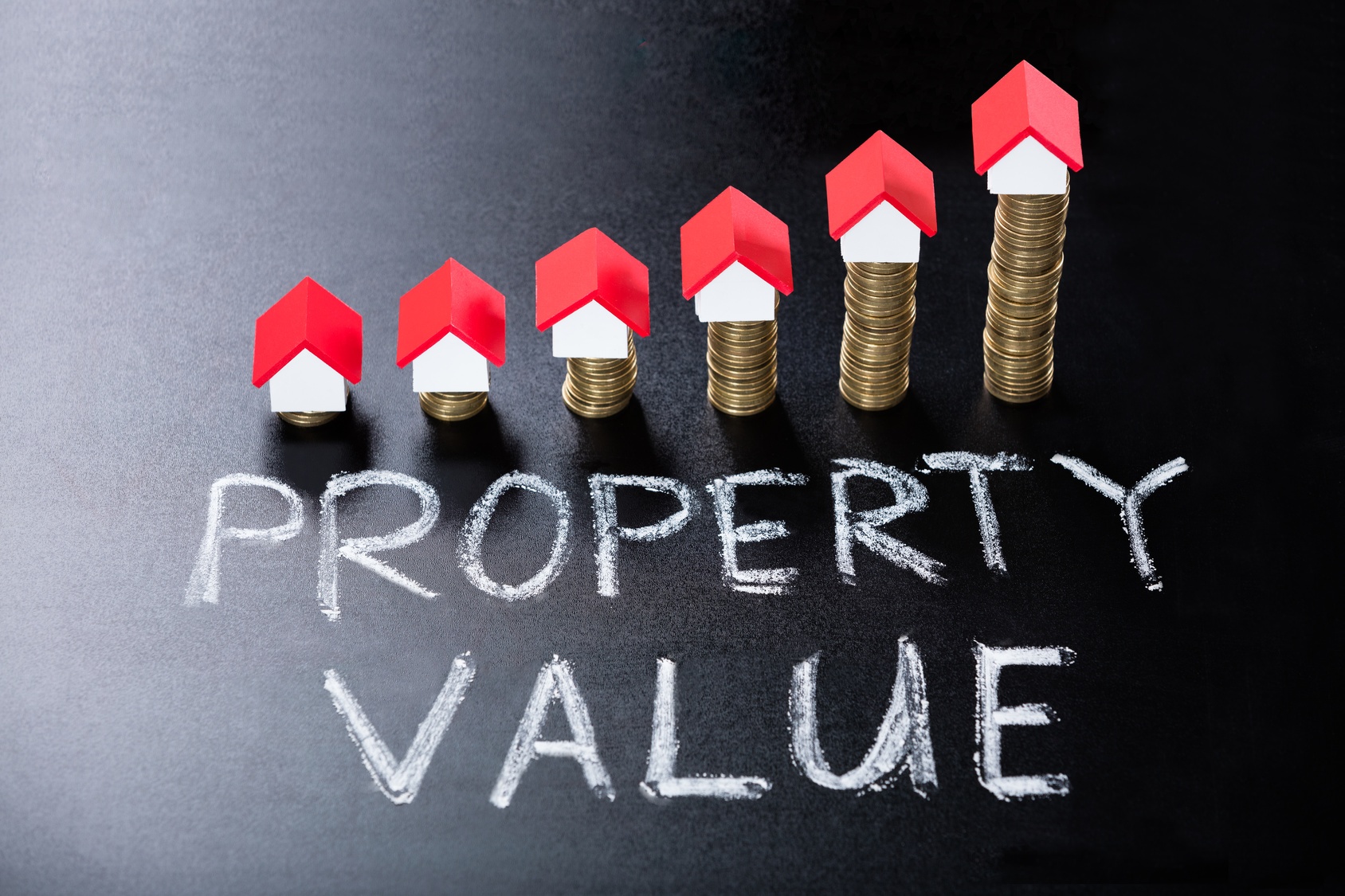
Every three years, the City of Cape Town updates their General Valuations roll to ensure property rates are adjusted in proportion to property values. 2018 is a valuation year, and progress on reappraisals is already underway. New valuations are expected to be made available for public comment early next year and will come into effect on 1 July 2019.
For property owners already struggling under heavy rates, water and electricity burdens, this is an understandable cause for concern. However, property expert and Rawson Property Group Helderberg franchisee, Schalk van der Merwe, says residents are not without recourse if their municipal valuations are overinflated.
“Rates are an important part of keeping our city running and they have to be regularly updated to keep up with inflation and the rising costs of service delivery,” he says. “That said, general valuations are based almost entirely on statistical averages, and don’t always reflect the true value of specific properties.”
According to the City’s General Valuations information pamphlet, values are determined using “comparable property prices”. In other words, they compare property features – such as erf size, number of rooms, number of bathrooms and general build quality – and assign values based on recent sales figures of homes with similar amenities.
“The problem is, a single street can have ten different 3-bedroom, 2-bathroom homes on 450m2 erfs, and each one of them could fetch a very different figure on the market,” says Van der Merwe. “One or two particularly high-value sales could also throw off the local averages, especially if there hasn’t been a high turnover in the area.”
According to Van der Merwe, accurate property valuations require a far more detailed analysis than just the basic features of a home. Of course, it’s simply not feasible for the City to undergo a full comparative market analysis study for each and every property, so they are limited to the automated digital comparison tools they have at their disposal. That puts the onus on homeowners to ensure their valuations are on point… but how, exactly, should we go about doing this?
“The best thing to do is approach a qualified and experienced local real estate agent to do a full valuation of your property,” says Van der Merwe. “Be careful when selecting an agent, though – there are those who use the same tools and approach as the city, and will get similarly inaccurate figures as a result. You really want a comprehensive assessment that covers your existing municipal value, replacement value, indexed value and market value, preferably with a comparative market analysis document to use as backup if you need to lodge an objection with the City.”
While valuations can be performed at any time, and are useful to homeowners for many reasons including insurance purposes, Van der Merwe recommends property owners book an appointment with their realtor within the next three months.
“You need to have all your ducks in a row so that, if necessary, you can lodge an objection as soon as the new General Valuation figures are released,” he explains. “We offer valuations as a complimentary service at Rawson, so it’s not going to cost you a cent, but it could save you a lot of money in inflated rates bills down the line.”
In addition to personal savings, Van der Merwe says fair rates are also essential if property owners plan to sell.
“Buyers don’t want the headache of having to object to rates bills on a property they’ve only just purchased,” he says, “particularly when the next municipal assessment is a whole three years away. If you’re planning to sell any time soon, it’s a very good idea to make sure your General Valuation is market-related. Treating it as ‘the next owner’s problem’ could easily backfire on your sale.”
To request a complimentary, zero-obligation valuation, get in touch with Rawson Properties Helderberg on 021 851 2656 or visit https://www.rawson.co.za/valua